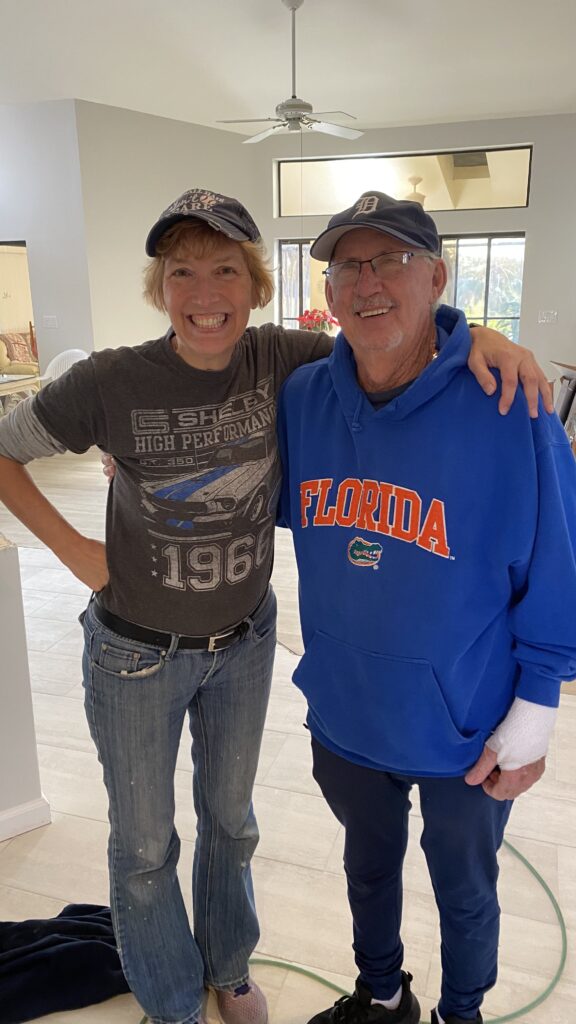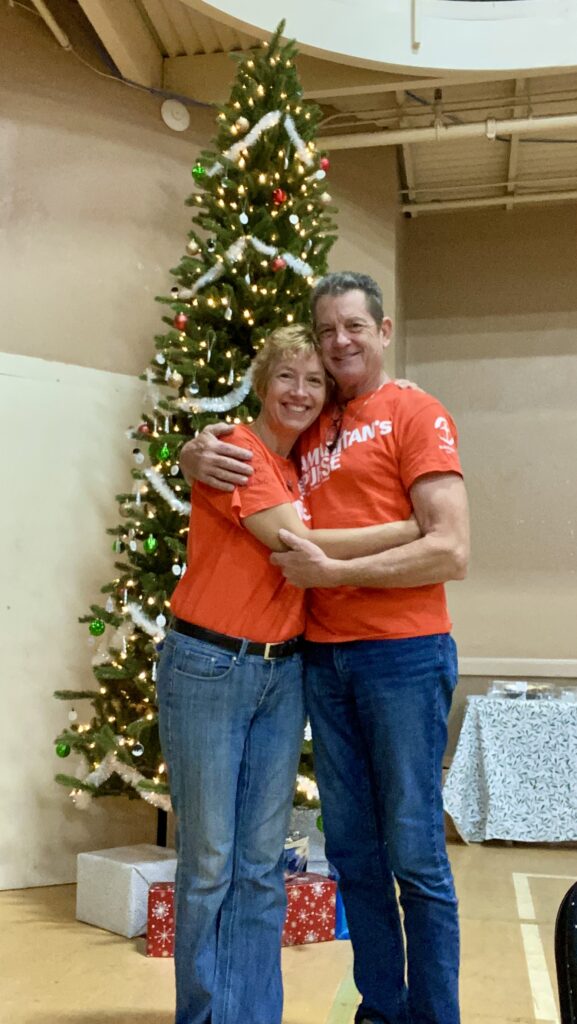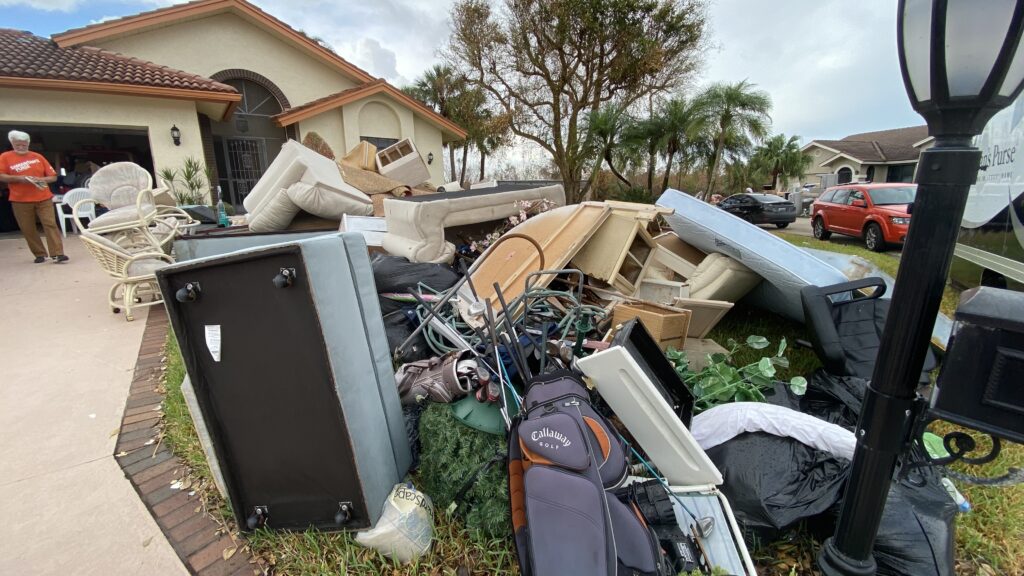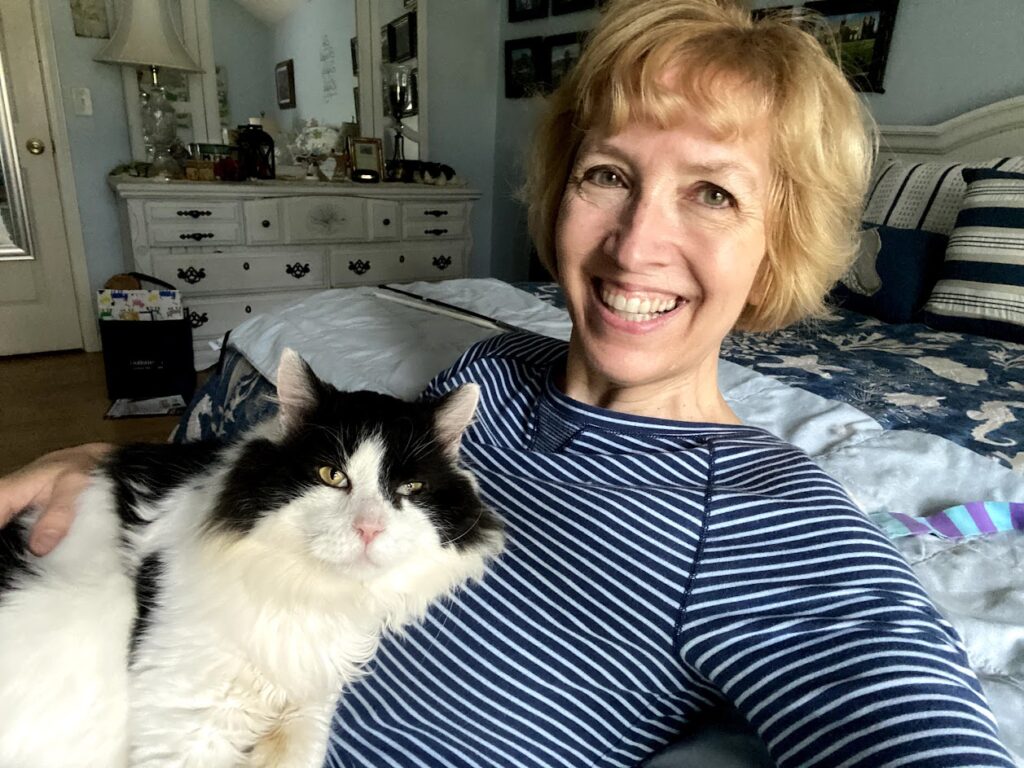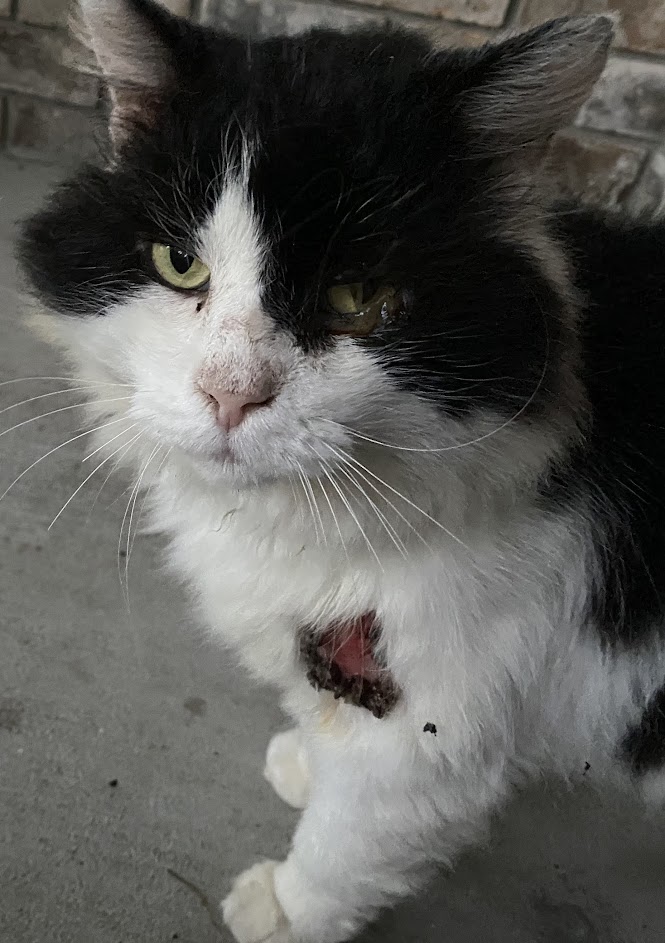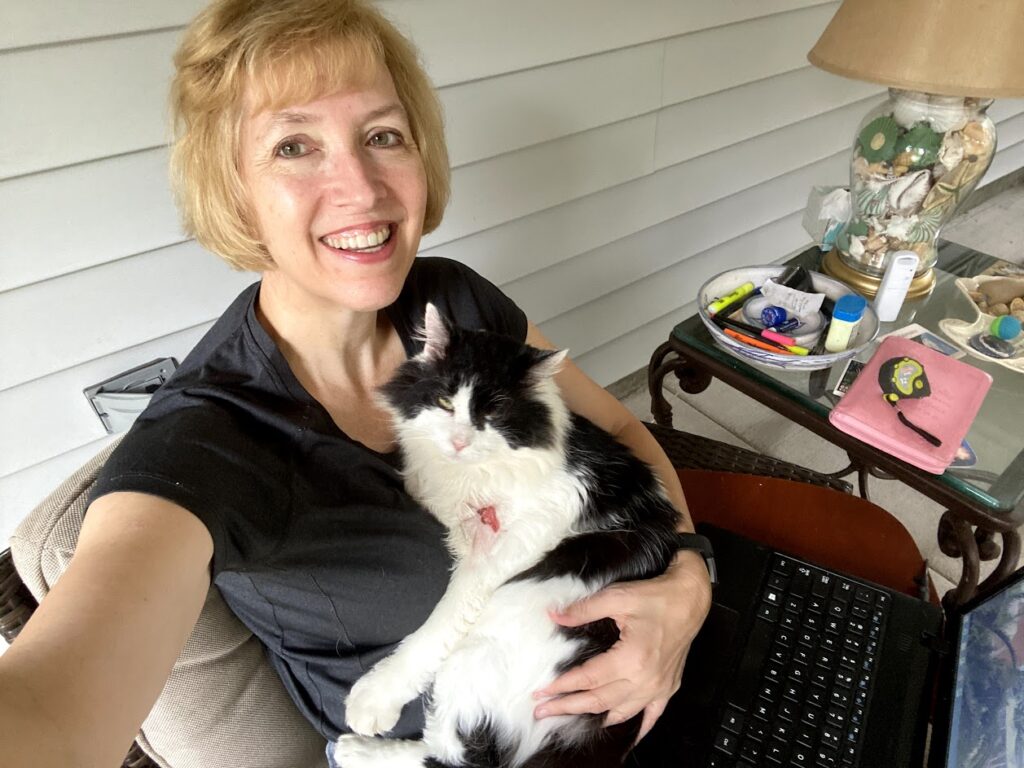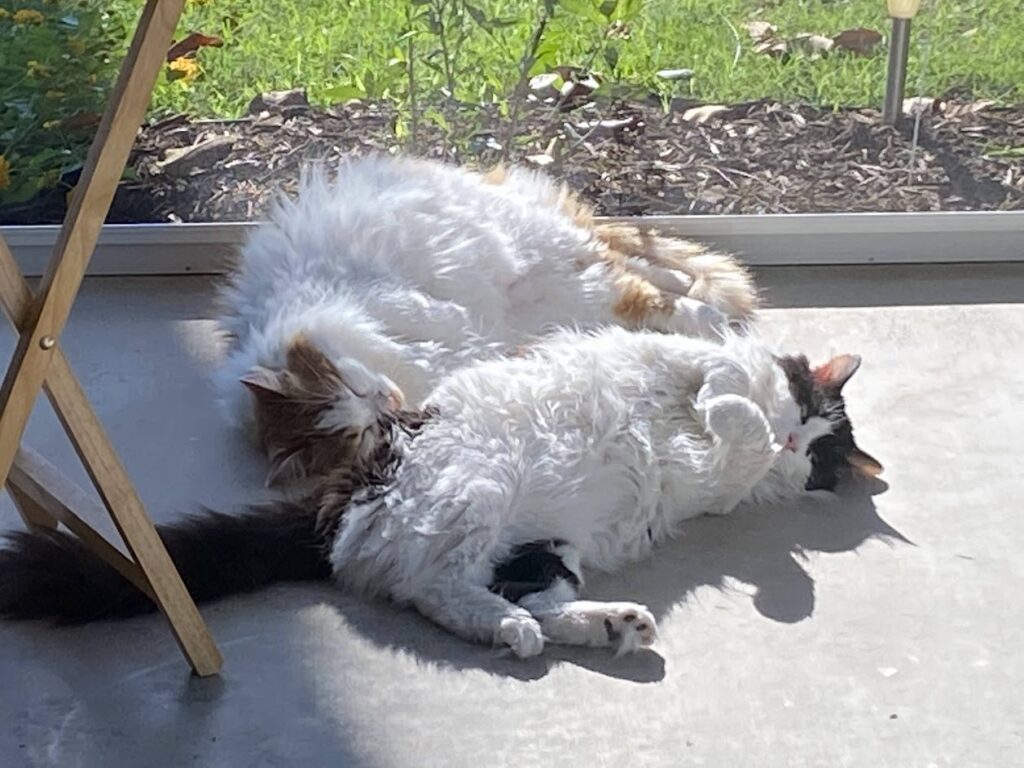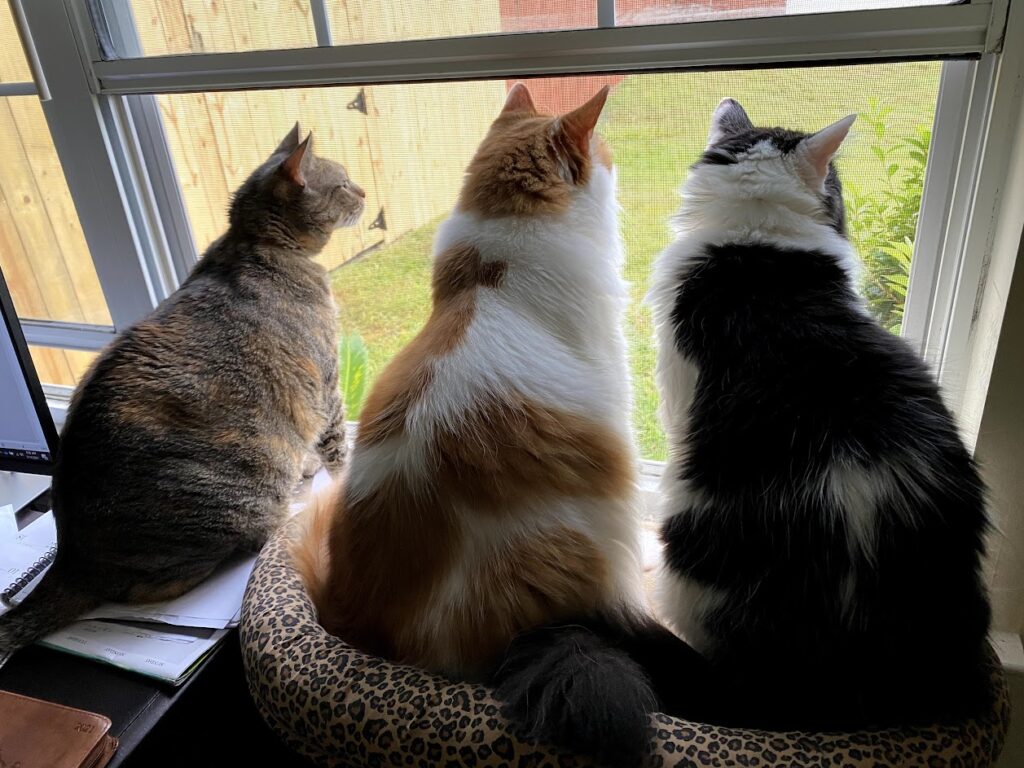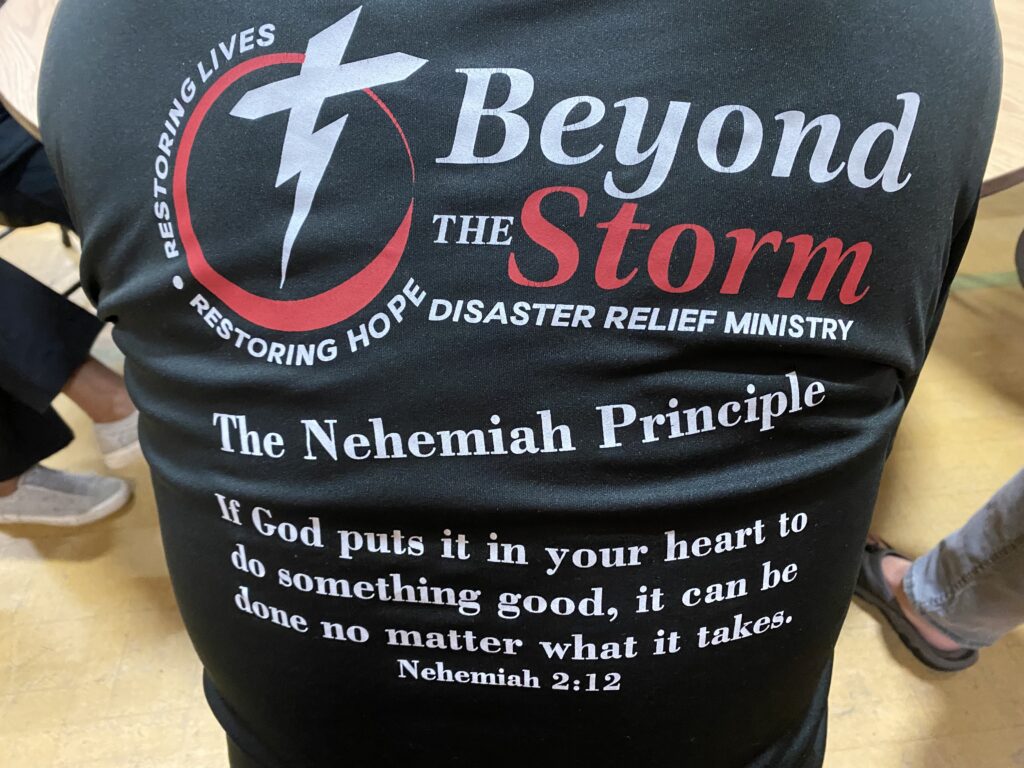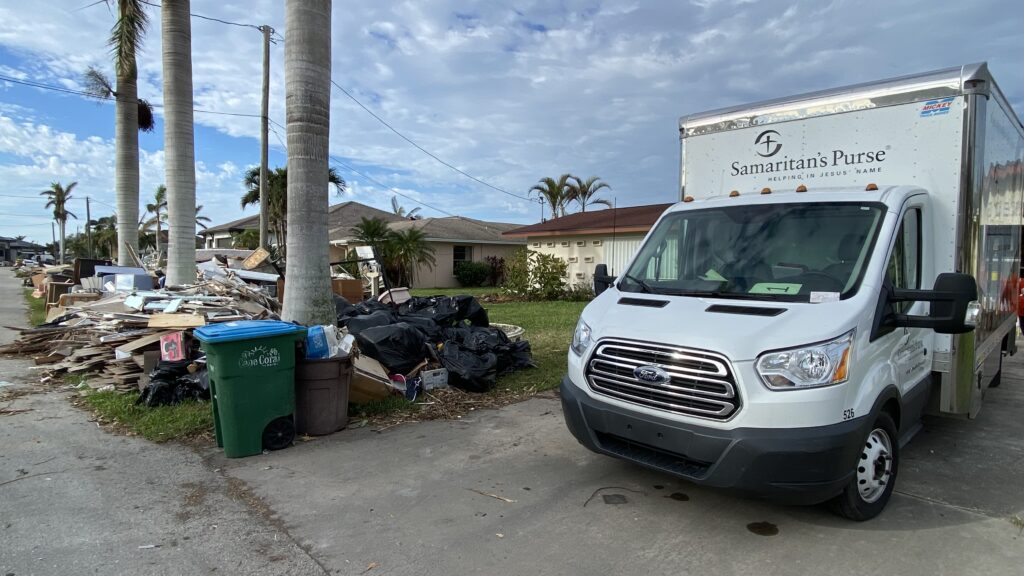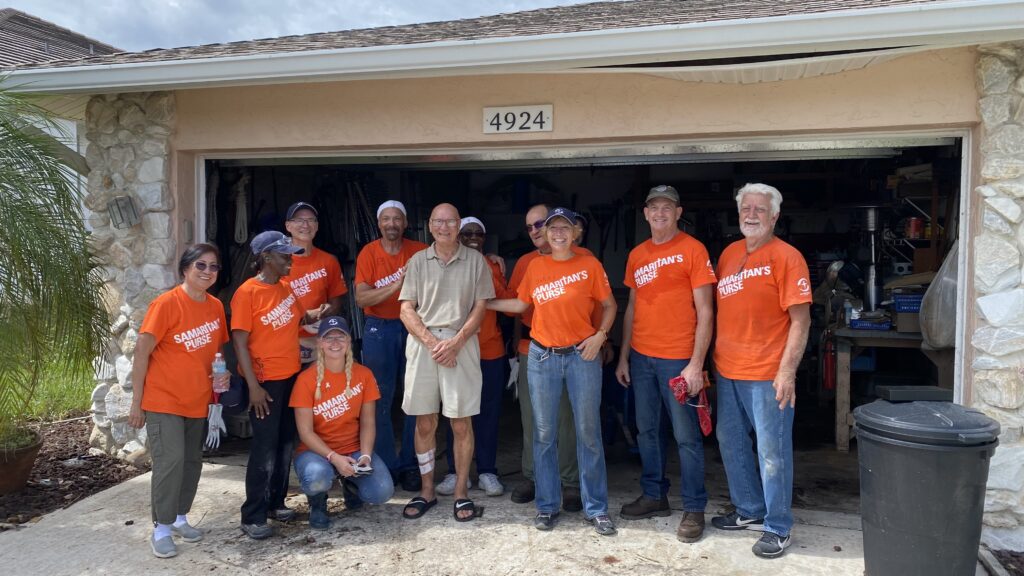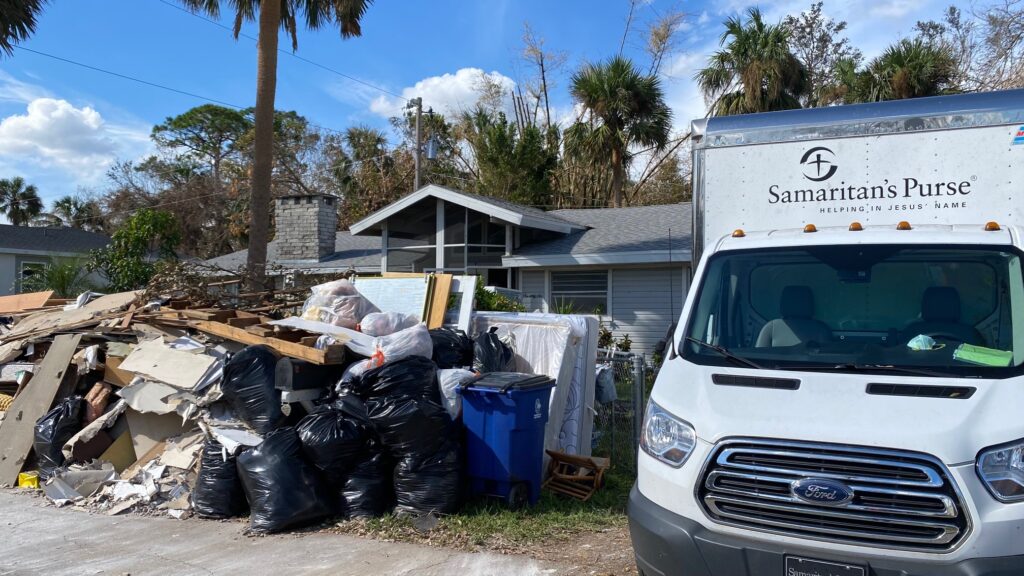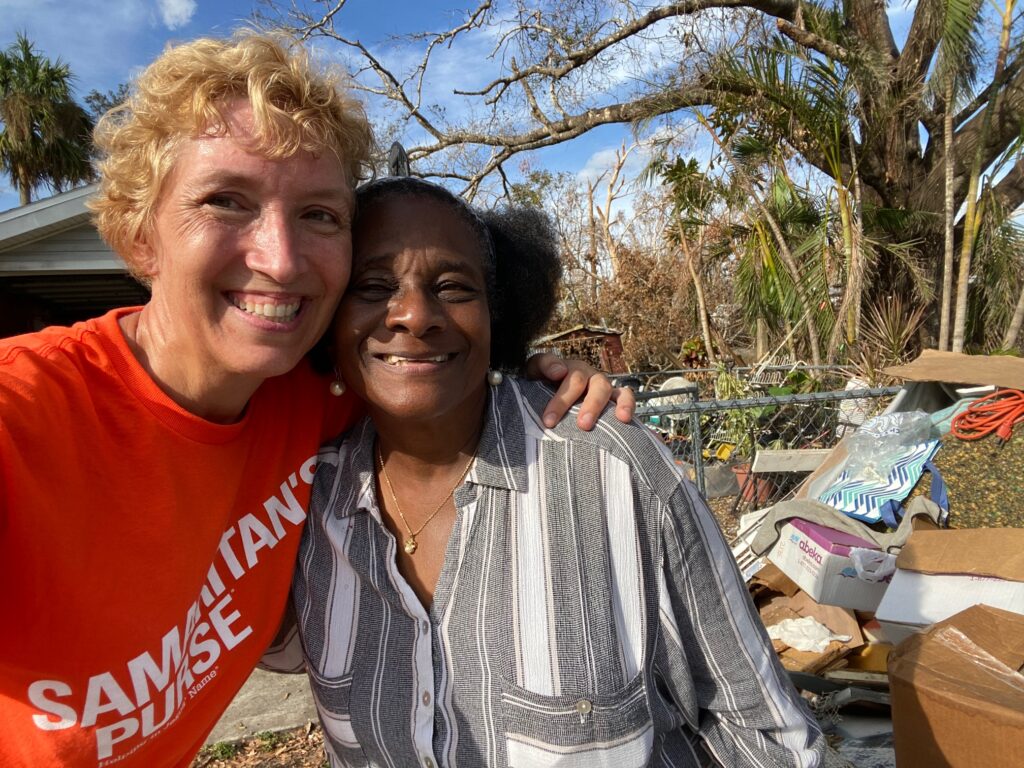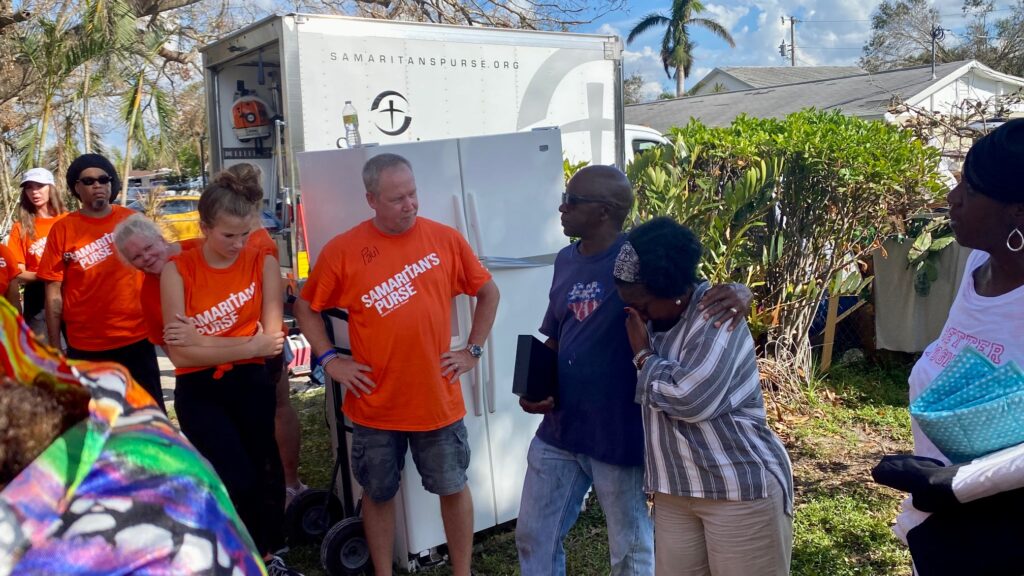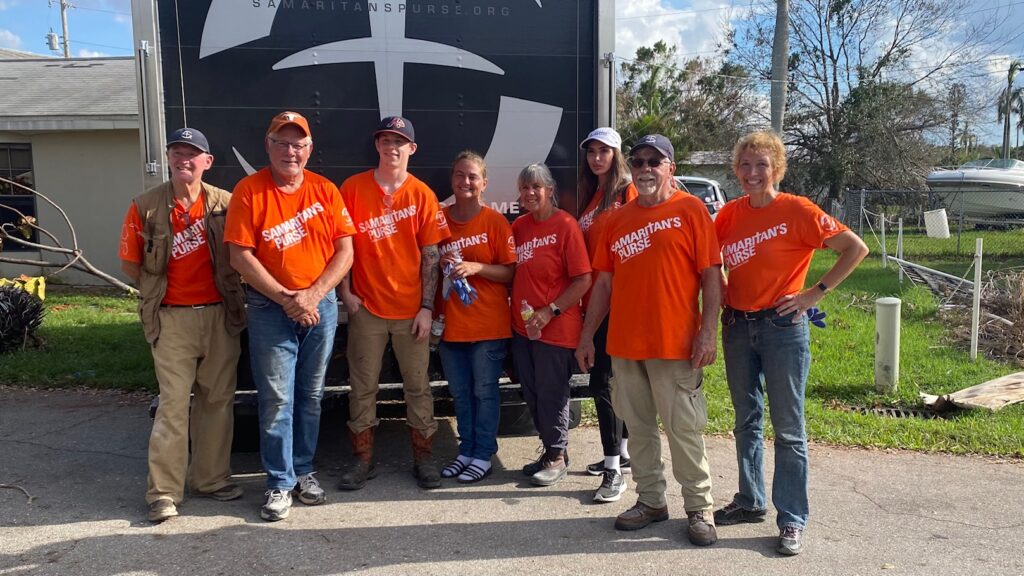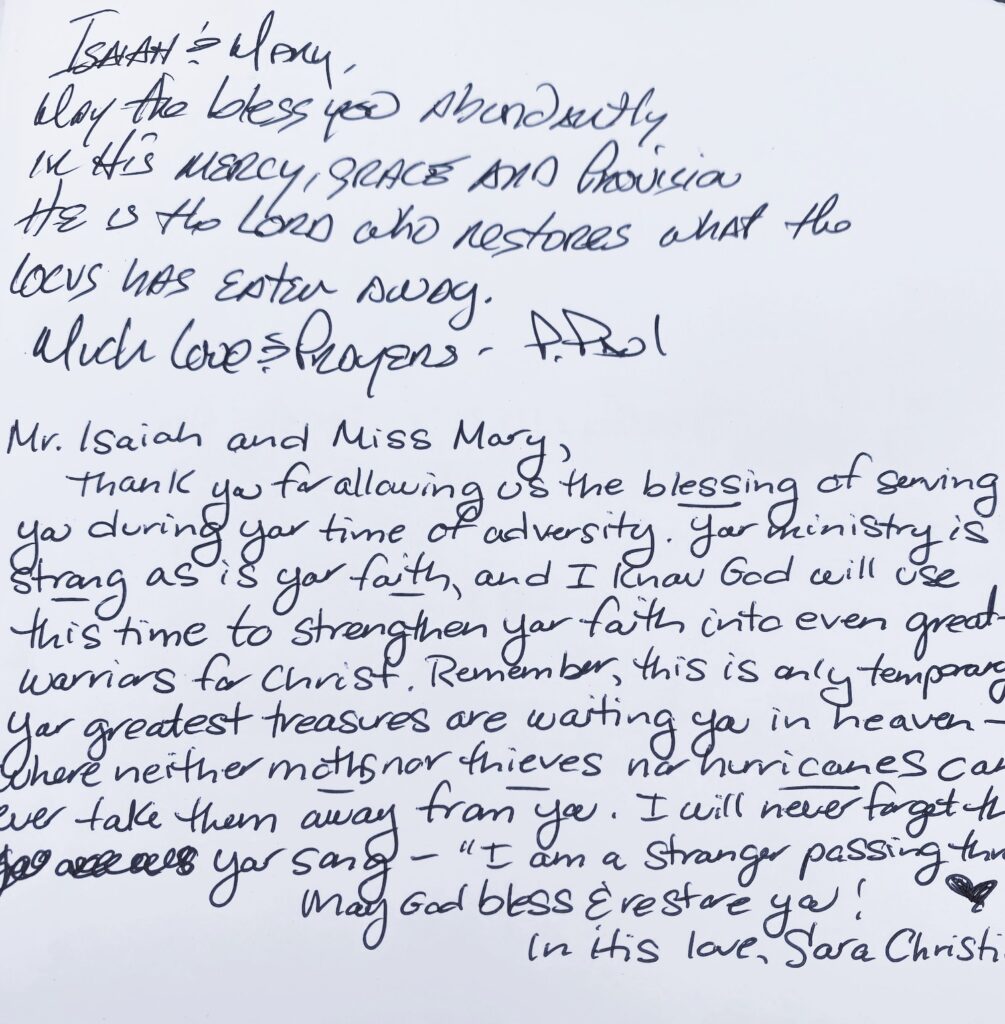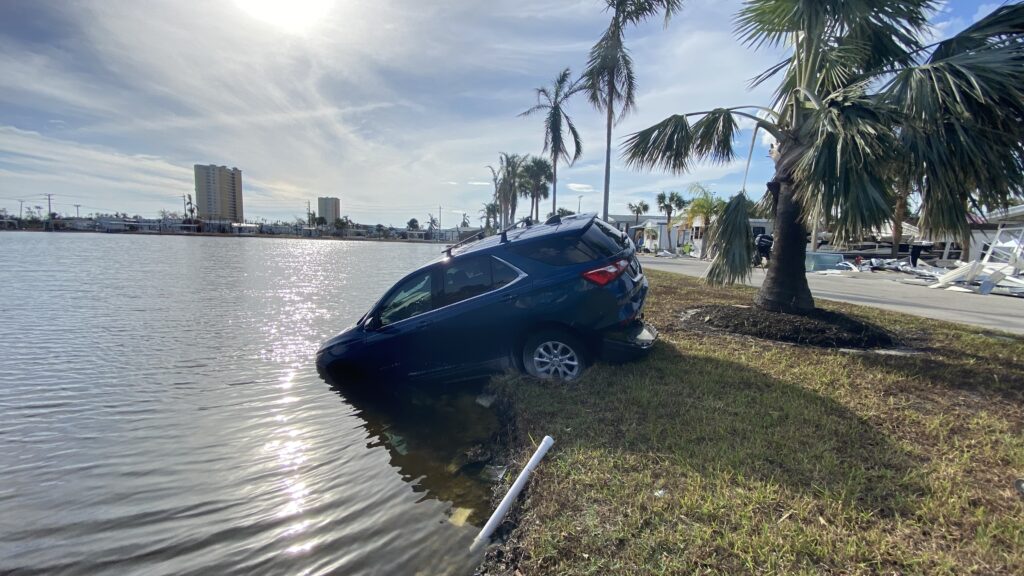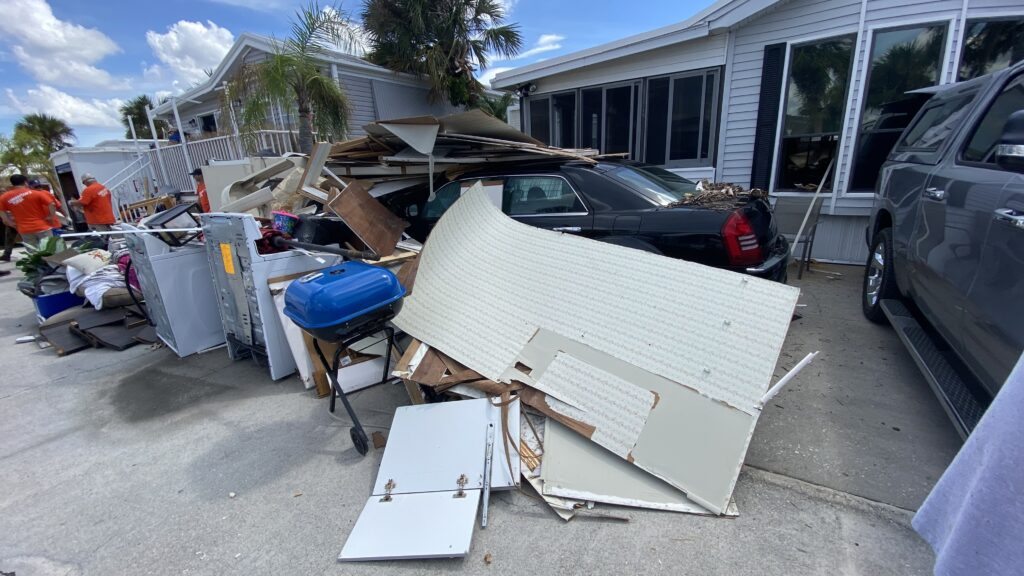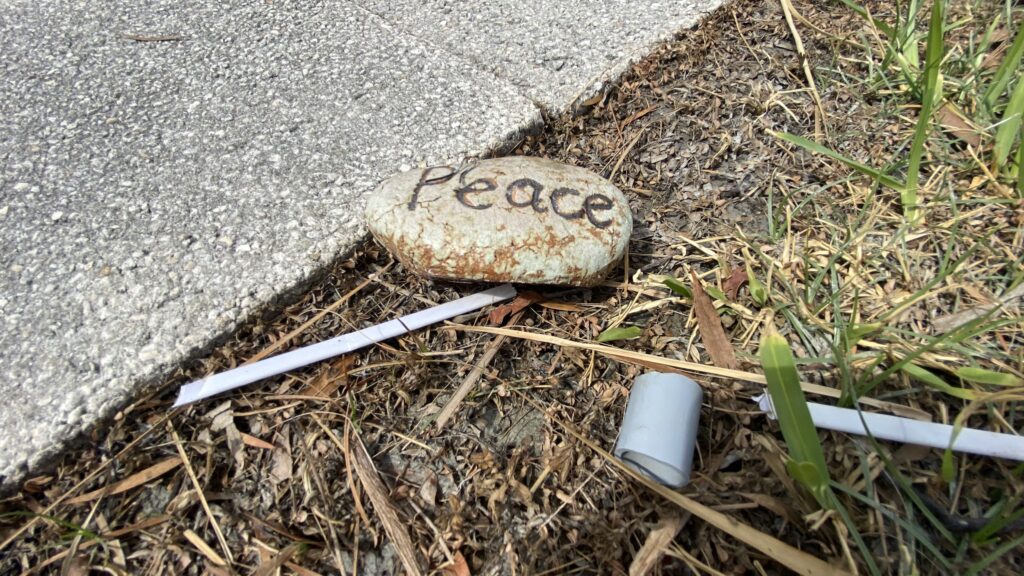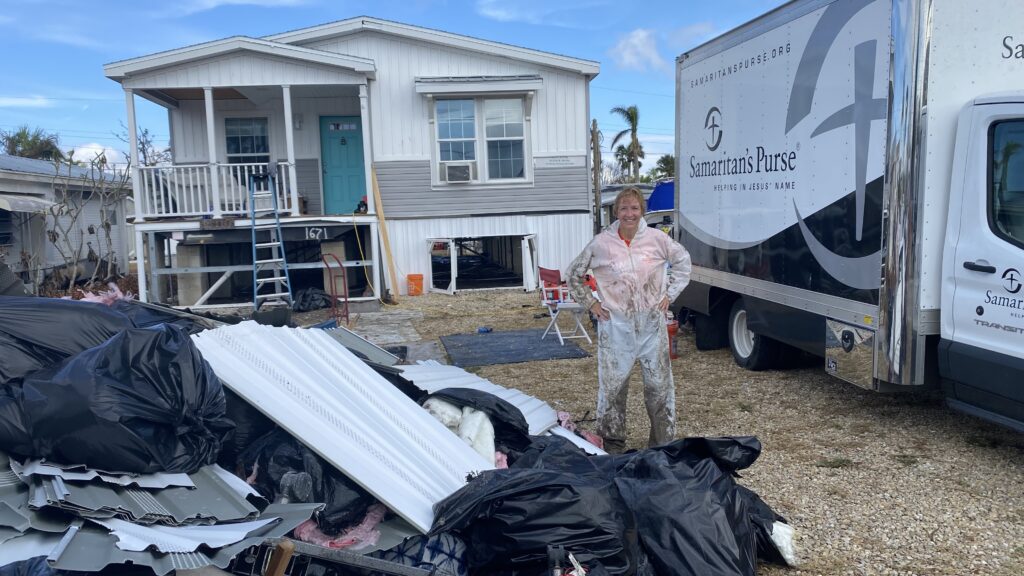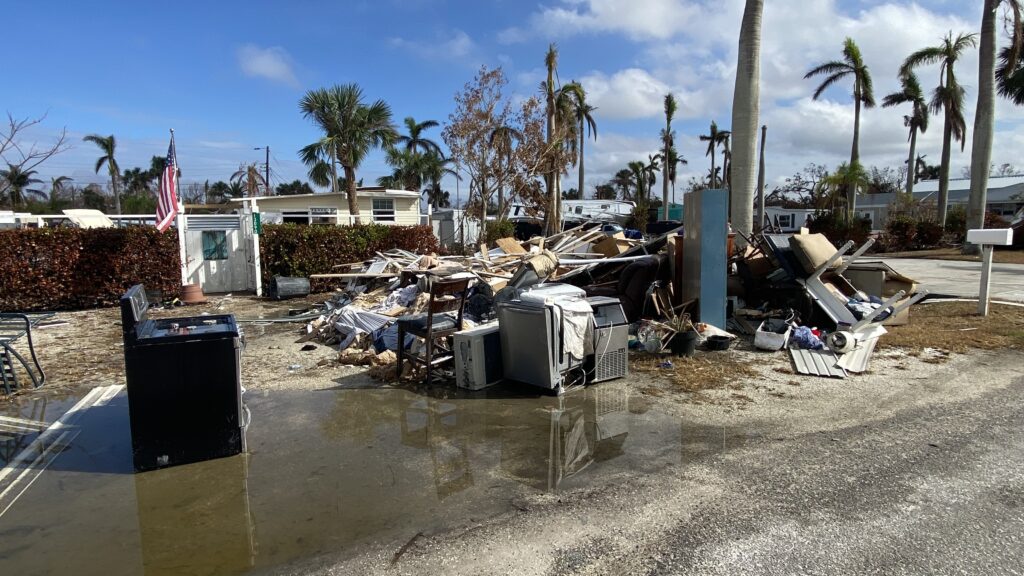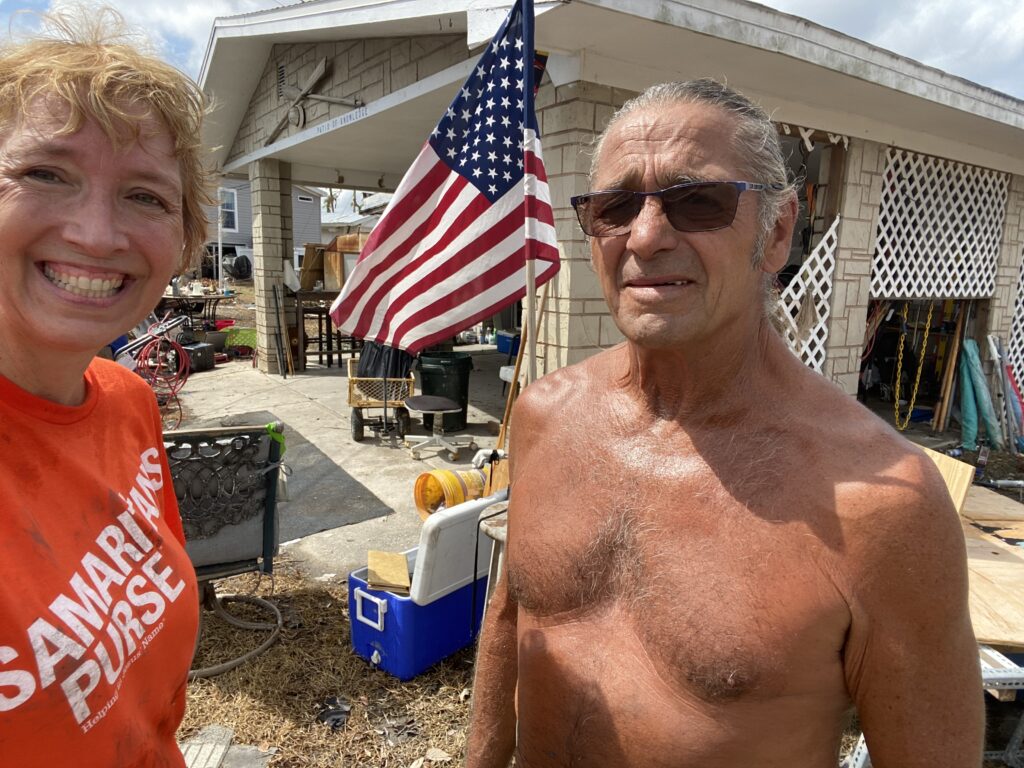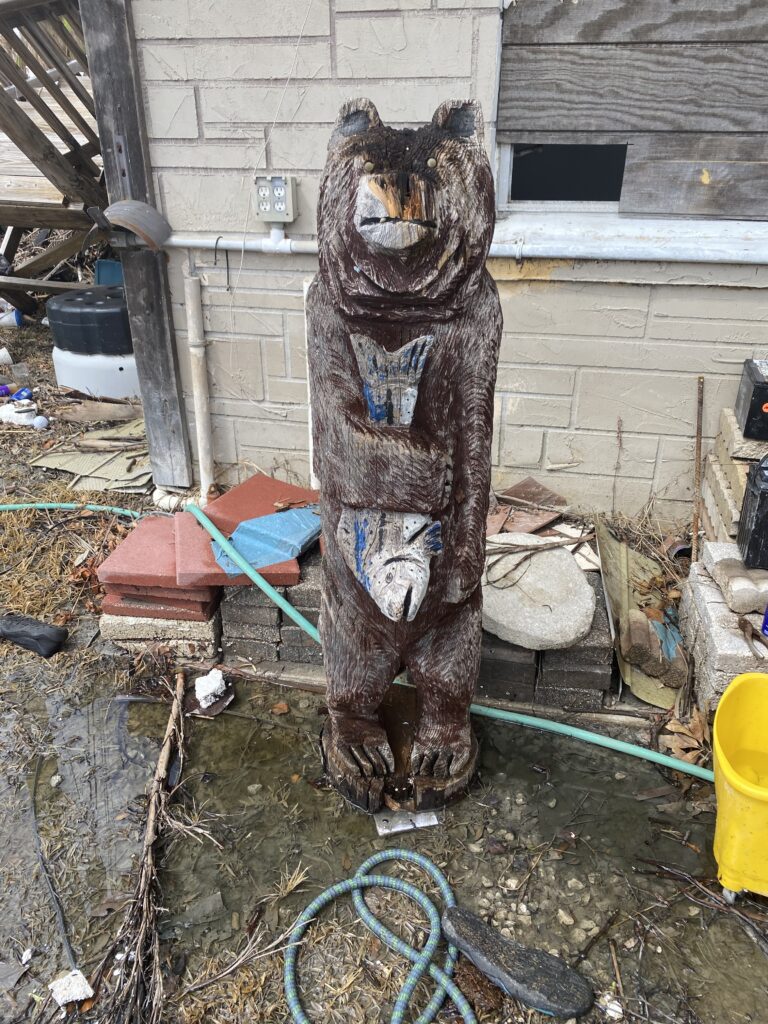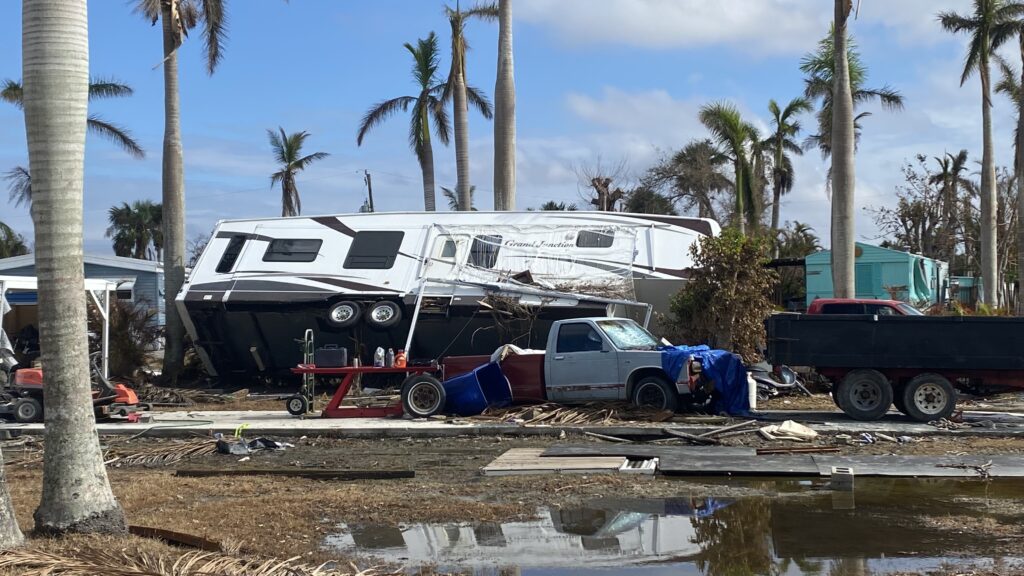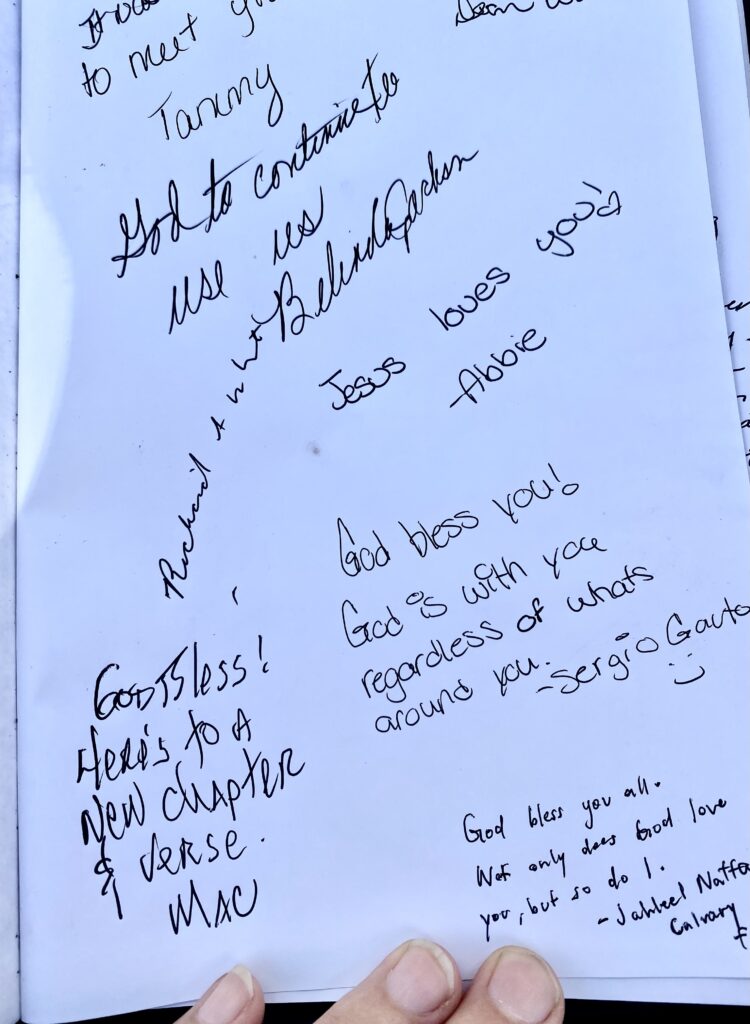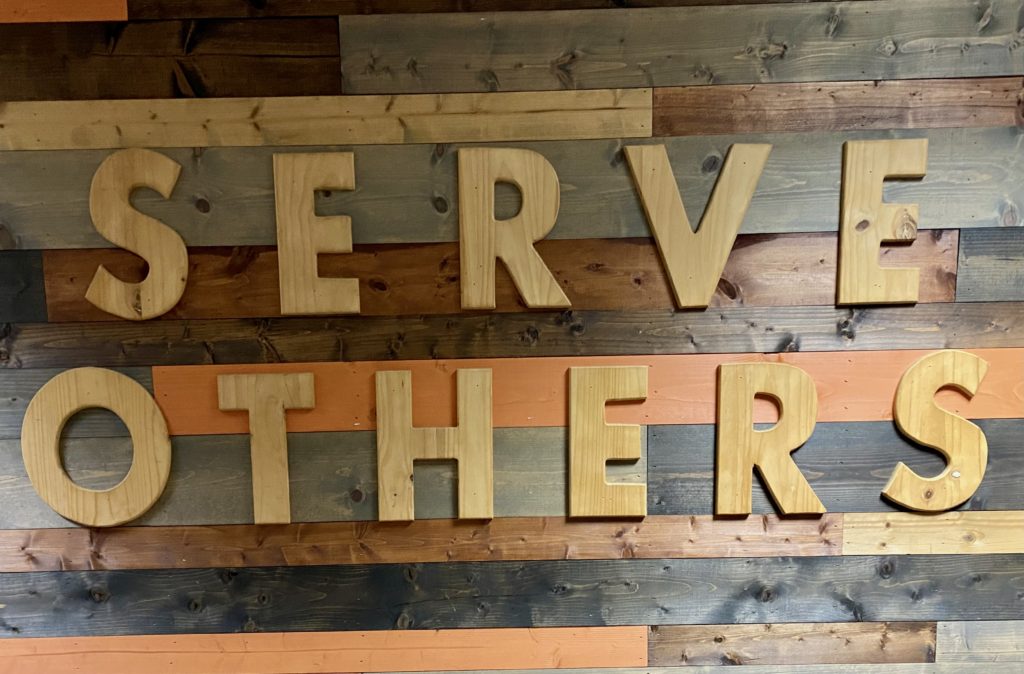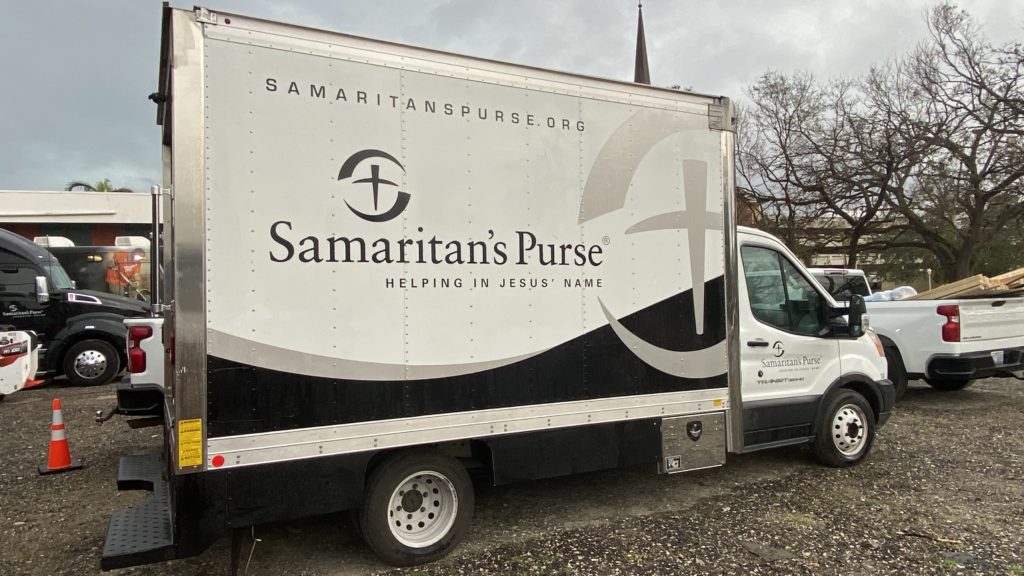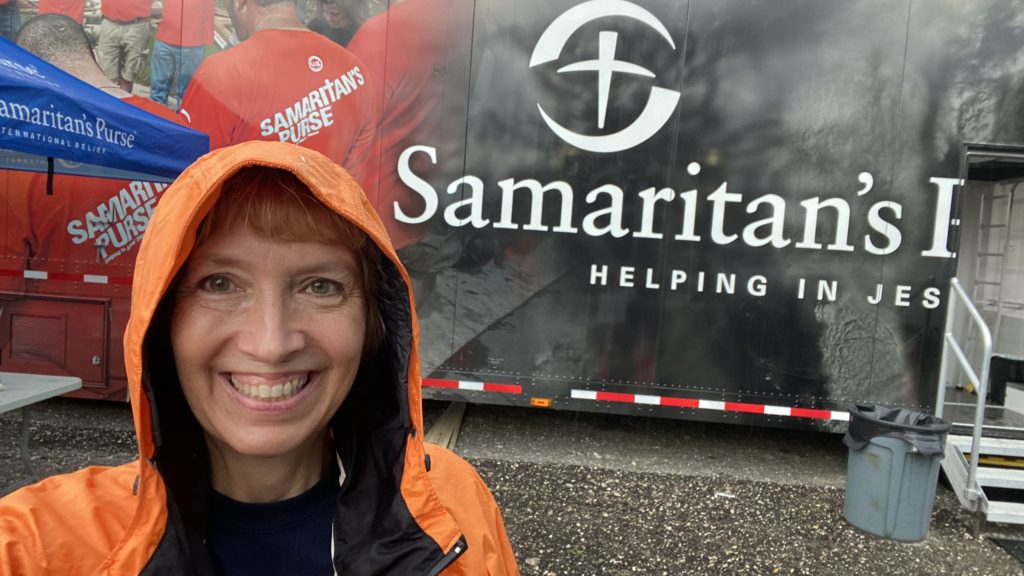God is in this story – Part 1, The Ring
Commit to the LORD whatever you do, and He will establish your plans. (Proverbs 16:3)
In just three short weeks from today, I will walk down the aisle to pledge the rest of my life to the man God sent me while serving Him. I have no doubt about making that claim. God’s fingerprints are all over every aspect of our story.
When David and I began looking at rings, I was shocked at the price tags, which exceeded my expectations. We checked a pawn shop first but quickly learned that wedding sets might be hard to find.
“I don’t need a ring,” I told David as we left the store.
“Yes, you do,” David confirmed. “We both do.”
We went to Sam’s Club next and found a beautiful set, only to learn that what you see is what you get in a big box store. If the men’s and women’s rings fit, you can buy them. If they don’t, you’re out of luck. These rings are one-size-fits-all – even though they don’t.
As David and I considered trying the jeweler at our local mall, I realized I had another option.
“I have a diamond,” I told David. “Years ago – maybe decades – my sister sent me a diamond, still in the necklace setting but without the chain. I asked her what I should do with it. She told me to keep it and that I should just save it.”
There’s so much more to this story that needs to be shared. My sister, Jackie, was living in Fort Myers, FL, when she sent me the precious stone. The fact that she lived there is one of the reasons I chose to help Samaritan’s Purse in that location. I could have served in Punta Gorda or Englewood – also affected by the hurricane – but I went to Fort Myers for two reasons. First and foremost, Fort Myers was the hardest hit city in the storm. I wanted to serve where I could do the most good.
I also wanted to go there because that’s where Jackie had previously lived. Married three times, she resided in Fort Myers during her second troubled marriage as she fought for custody of her daughter and the ability to leave the state.
Eventually winning that privilege, Jackie moved to Colorado and married again. A few short years later, Jackie and her daughter were killed by her third husband, who later took his own life.
I hadn’t thought about the diamond Jackie gave me in years. Only at that moment did God choose to remind me that I already had a precious jewel in my possession.
“I’m not sure I can find it,” I told David, “but if I can, maybe we could put it into a ring. It would be incredibly symbolic, since Jackie lived in Fort Myers, and that’s where you and I met.”
“You should look for it,” David agreed. “We should definitely do that.”
Amazingly, despite not thinking about it for years, I found the diamond the first place I looked.
The next day, David and I took the jewel – in its long-forgotten orange velvet box – to the mall. The first store we visited was not for us – but we met Jimmy at the second. Jimmy McSpadden is the assistant manager at Reeds Jewelers. After offering to help us look at rings, I told Jimmy about my diamond. He asked to look at it. When I showed it to him, he told me he’d get someone to check it. A few minutes later, Jimmy confirmed that I had a half-carat diamond that would have cost us $2,500 if we’d bought a similar ring straight out of the case.
“You should put this on a band,” confirmed Jimmy. “It holds great significance to you.”
After explaining how David and I had met while performing disaster relief work in FL for Samaritan’s Purse, I detailed my sister’s story and how she’d gifted the diamond to me.
“She lived in Fort Myers,” I detailed. “It’s partly why I chose to go there. Decades before my sister’s death, she sent me this diamond, although I never knew why. I’ve barely thought about it for years.”
“Let’s find you a band to put it on,” Jimmy said. “That’s quite a story.”
After choosing a band and sizing my finger, we chose a ring for David and requested that it be sized, too. We promised to return for our rings after Christmas – long before David suggested I fly back to FL rather than GA after visiting my family over the holidays. I agreed with David and knew our rings would have to wait.
As noted in my last blog post – Building an ark is never easy but always worth it – it’s safe to say that David and I lived through the fire in January. Our initial plan was for me to help with the rebuild over the long New Year’s Eve weekend. After seeing how much work was left to complete, New Year’s weekend soon turned into a week and, ultimately, a month. There was too much to do, and I was more than happy to help.
And yet, doing so quickly escalated into a more significant challenge than either of us expected.
While other couples may live with their respective families early in their marriages, David and I lived with strangers, working twelve-to-fifteen-hour days while rebuilding a home from the inside out. The only breaks we took were to eat and sleep – continuing our work through the weekends. Nightly supply runs were the only time we stepped away from the house we lived and worked in.
With a shared bathroom, kitchen, and communal space, we encountered daily opportunities to demonstrate patience, kindness, and service not just to each other but also to the homeowners whose house we shared.
Still, as David likes to say, “There was never a cross word between us.”
During that interval, we learned to assist, encourage, pray for, and support one another to the degree that few other couples ever experience. God was with us in that place, and I am so grateful for our time together there. It significantly strengthened our relationship.
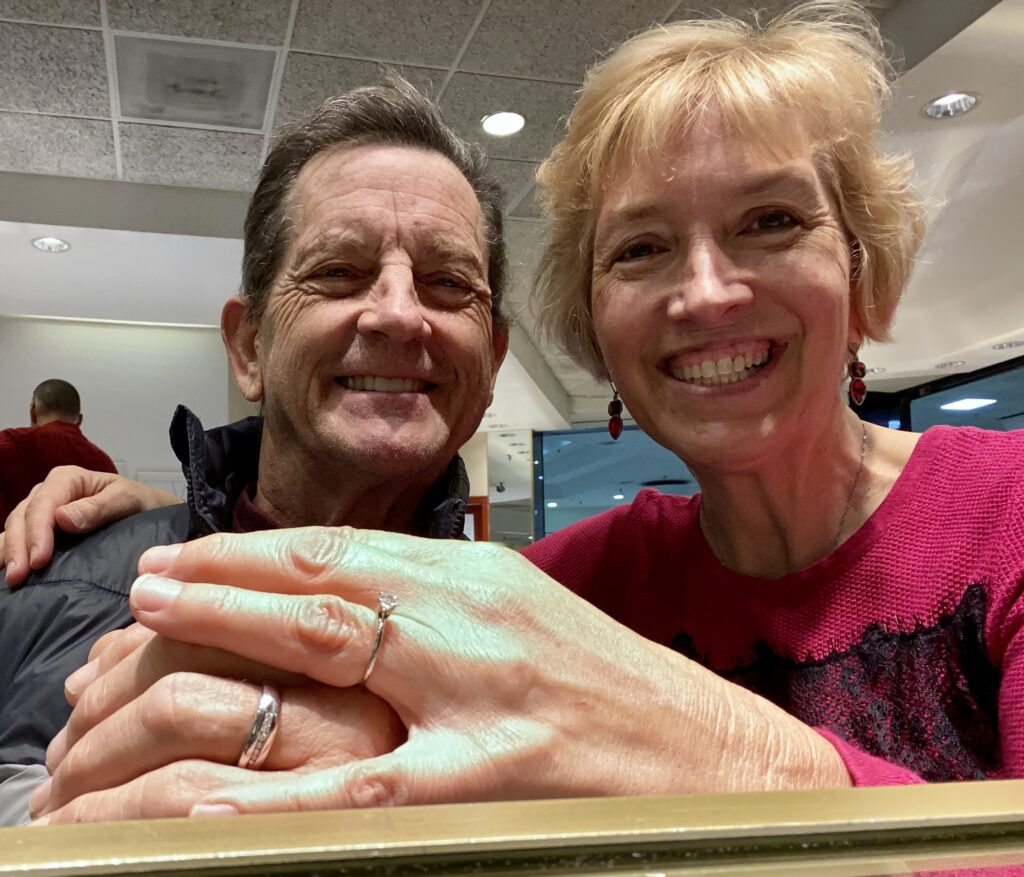
David and I couldn’t pick up our rings until late January, as a result. When we finally returned to GA, it was our priority to retrieve them – but only if Jimmy was there. “He’s a part of our story, too,” we both agreed. “We can only get the rings from Jimmy.”
David called the jewelry store twice to confirm that Jimmy would be there. When we arrived, Jimmy stepped into the back to retrieve our rings and returned with the jeweler who had sized them both and mounted my diamond.
“This is the couple I told you about,” Jimmy told his teammate. “The ones with the special diamond.”
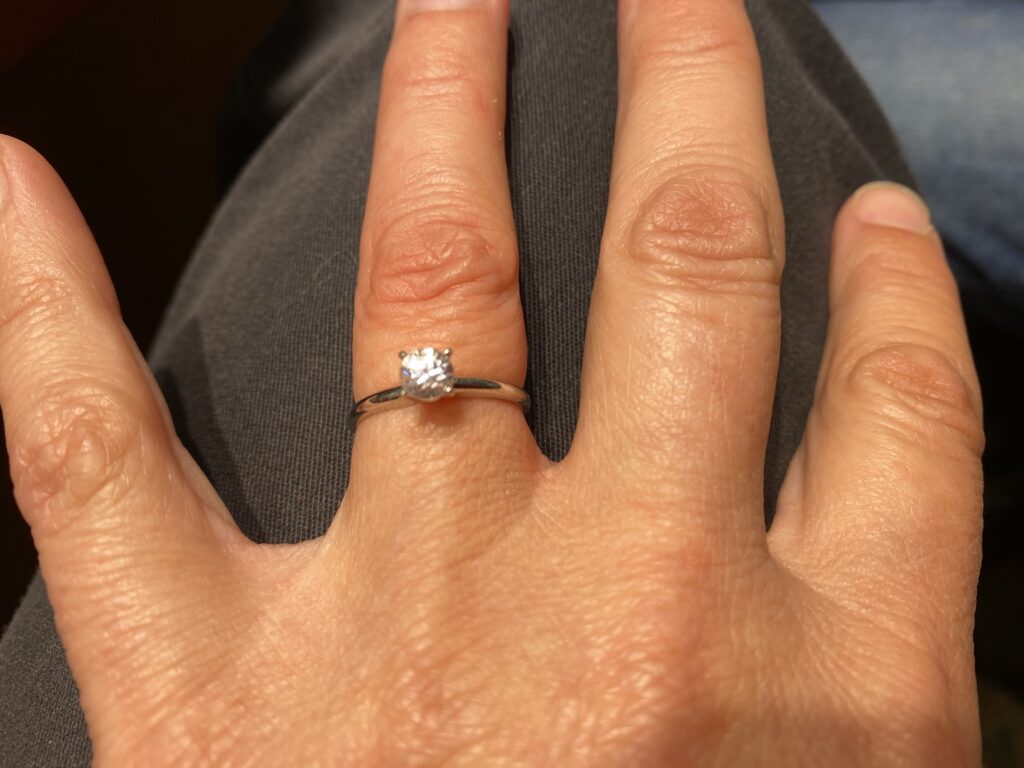
“God brought us together while serving Him,” I explained. “Thank you so much for your help!”
After reiterating our story and sharing photos of the FL rebuild, we reminded everyone of our testimony. “When you surrender to God, He will give you the desires of your heart.”
As we walked away from this momentous occasion, I was reminded how great our God is. Long before David and I met, my heavenly Father gave a diamond to my sister, who then sent it to me. Our Creator knew then that I would meet David – decades later – unexpectedly fall in love and need a unique jewel for my ring. I’m continually amazed at my Father’s provision, orchestrated long before finding my soulmate. David and I would never have met if I hadn’t followed God’s calling.
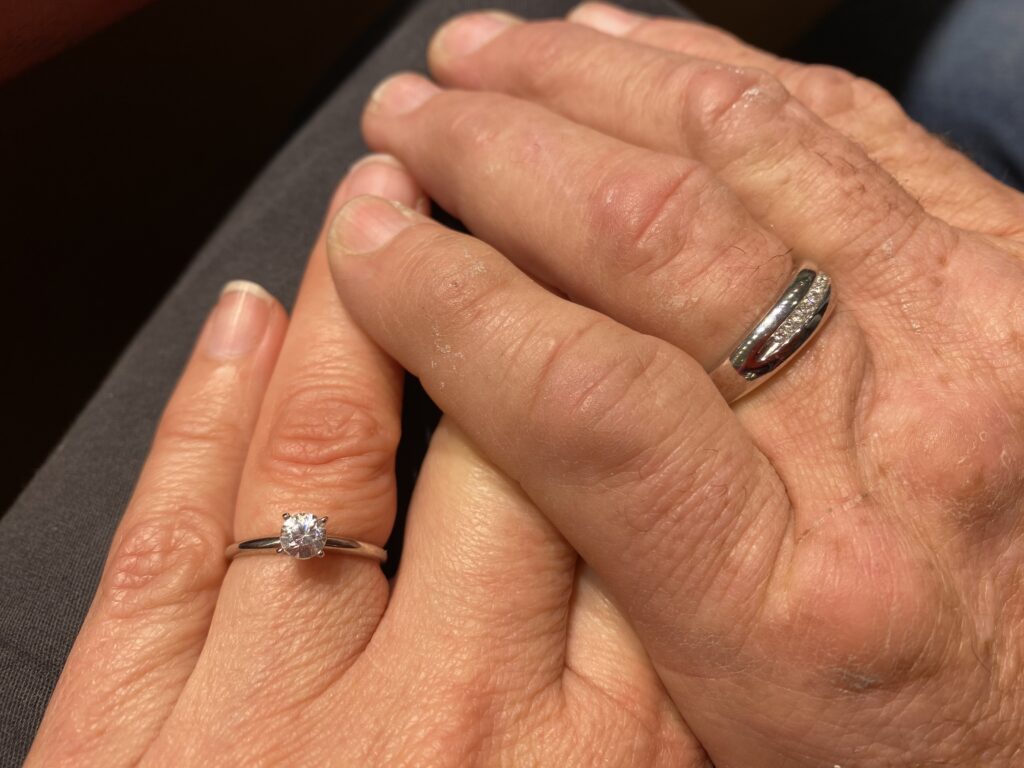
Instead, we share a love story that grows more profound daily. To think that my Father orchestrated everything years ago still astounds me.
But that’s the God we serve. He knows everything and longs to bless us. If we only surrender to Him, our Creator can and will give us the desires of our hearts. It all begins with a simple act of obedience – and total surrender. I thank God daily for the blessings He’s bestowed upon me.
This story is far from over. Be sure to read part two to see what God provided next!













